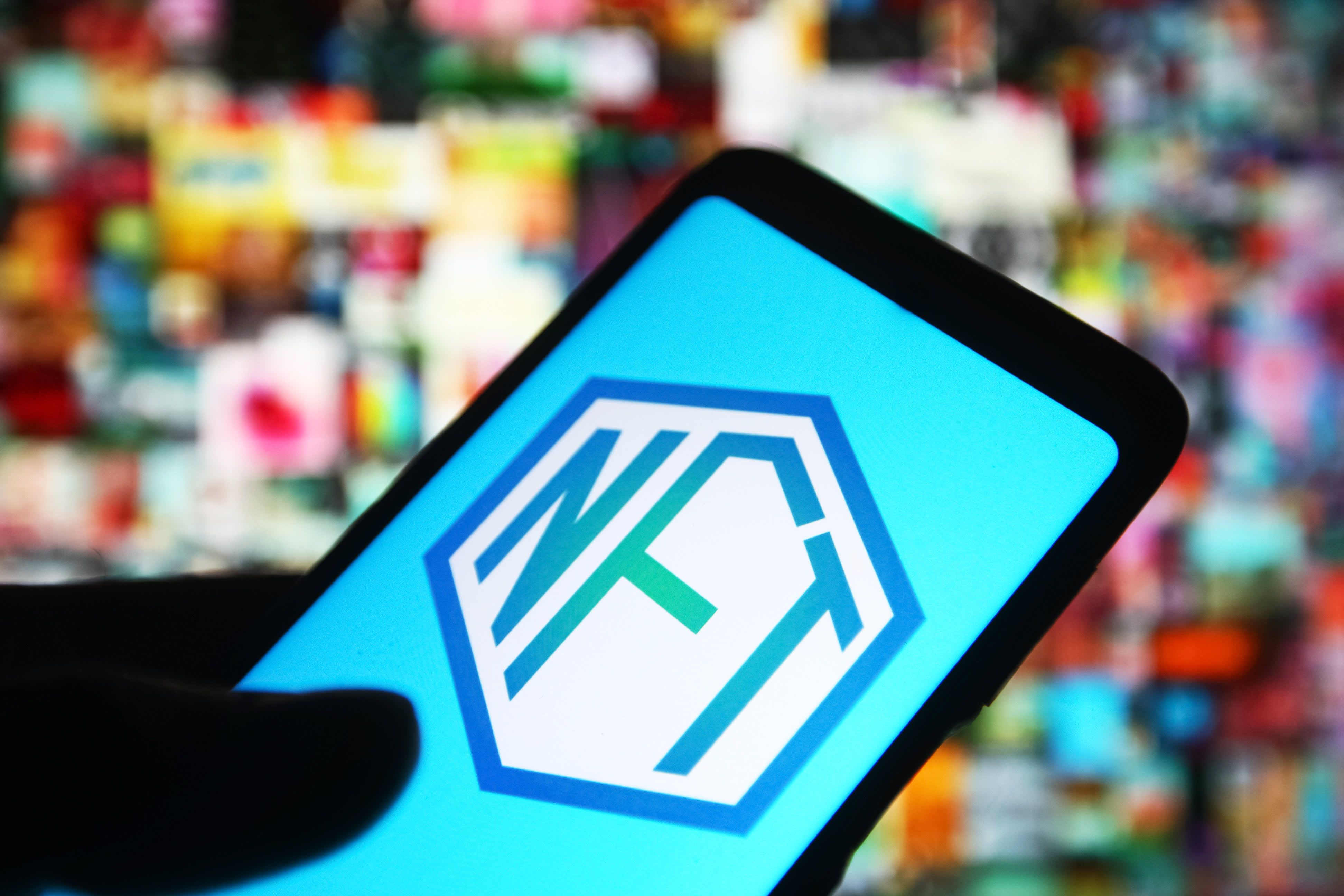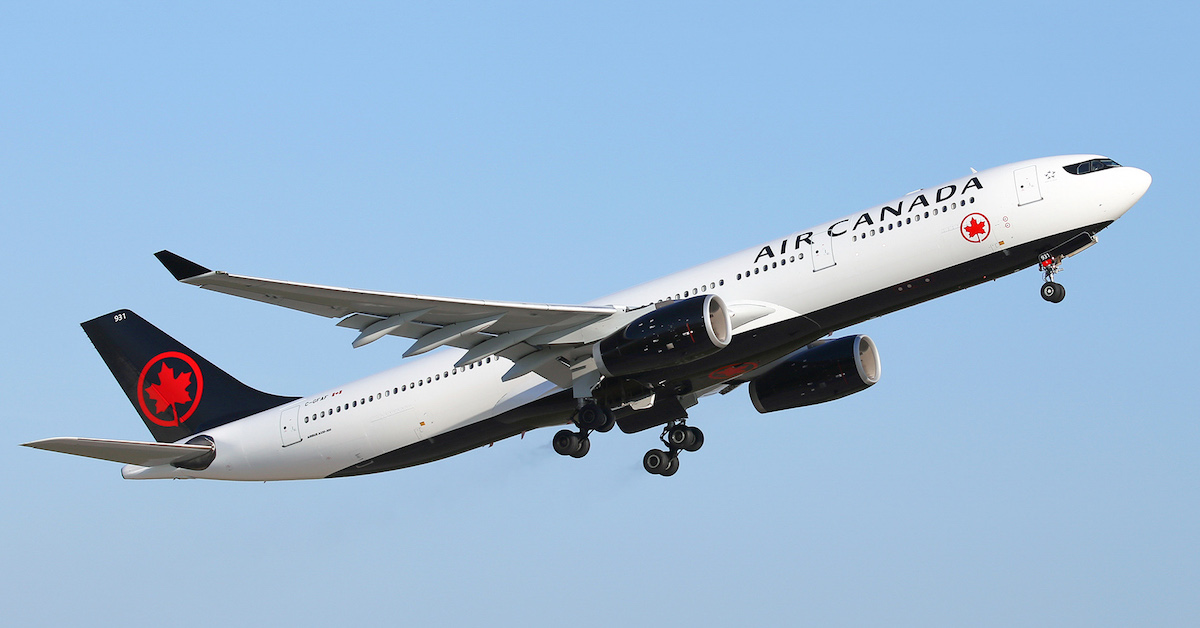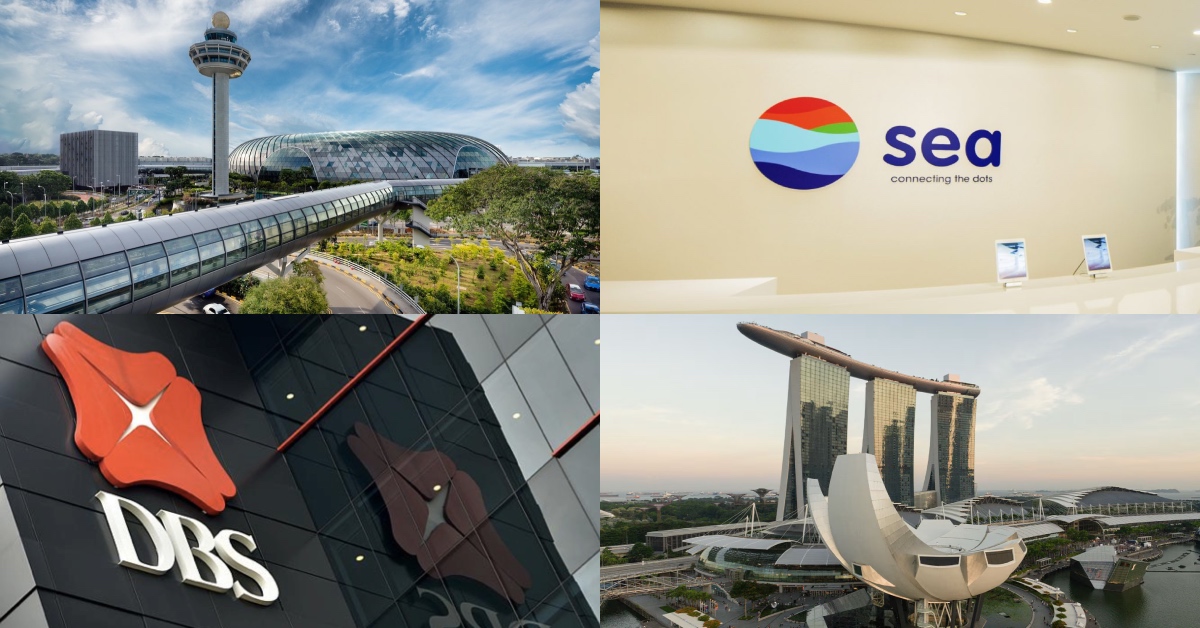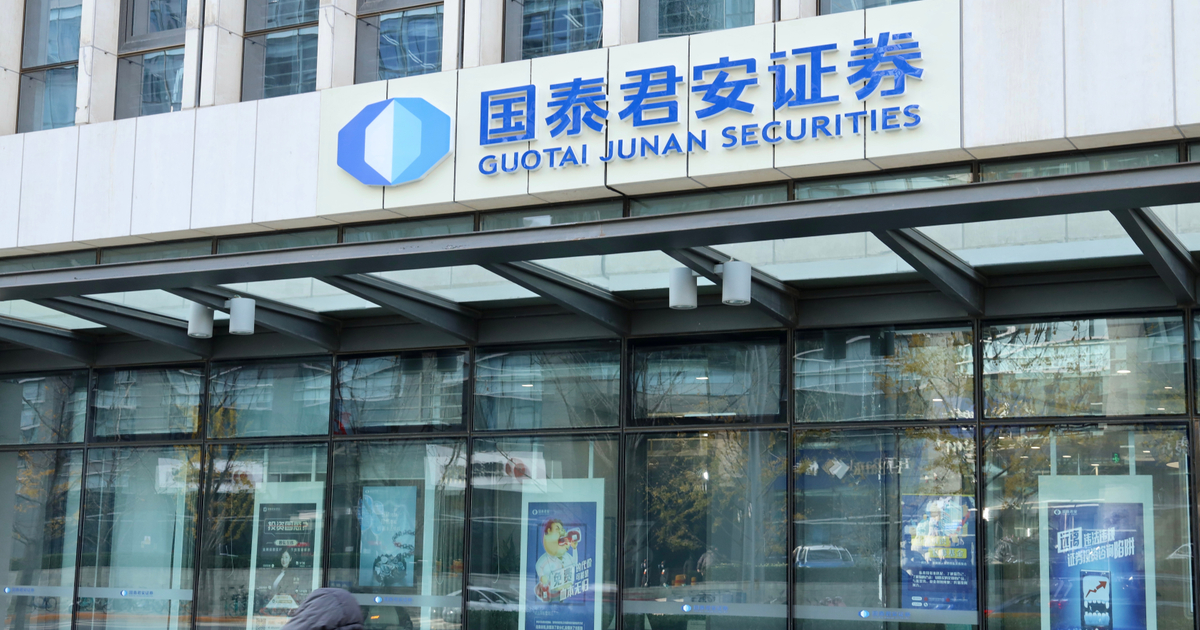Partner content: Lockdown is lifting, but travel marketing still needs lift-off
Chris Woodward, managing director of Oliver Group, shares trends and insights that put customer experience at the heart of brands’ post-pandemic recovery


Chris Woodward, managing director of Oliver Group, shares trends and insights that put customer experience at the heart of brands’ post-pandemic recovery
The easing of lockdown and the rollout of the Covid-19 vaccine have offered a renewed sense of optimism – but it’s too early for the travel and leisure industries to celebrate their comeback.
A large portion of the population doesn’t see itself returning to public activities for up to a year, according to Mintel research. Why? Because in-person gatherings – catching a flight or train, watching a live event or simply going to the cinema – still evoke fear.
Forgoing these little luxuries will mean further cuts for leisure brands, yet at the same time, they’ll be expected to improve services, develop better brand experiences and give greater value for money to the consumers that return. The industry will need to do much more with much less, which is why there are crucial marketing challenges that need tackling now.
Prepare for the next transition
Last year was dubbed a ‘period of transition’, with the travel industry pivoting to meet new trends. Now, we must prepare for the next period of transition, when lower prices, no cancellation fees, better hygiene and heavy digital investment become the norm. This won’t be a one-off but rather a constant evolution towards a more intimate relationship with customers – giving peace of mind as standard.
To meet the challenges of this new era, brands need to overhaul their operations to produce faster, better and cheaper marketing solutions.
Invest in building trust
The real issue with consumer expectation is the pace of change – building customer experiences fast enough. But where speed is a barrier, brands can rely on making trust part of their strategy.
When consumers trust a brand, they are 75% more likely to do business with them. Unfortunately, trust is in short supply today, and as many brands have found to their cost, it takes a long time and a lot of marketing to rebuild lost trust.
The good news is a crisis highlights where trust can be embedded in a brand’s customer experience. A good example is UK holiday company Away Resorts which, along with us, recently overhauled its website, content and social strategy, SEM and SEO marketing to focus on reassuring an uncertain market, and has been rewarded with increased sales.
Find the right technological blend
Apple is a bastion for continuous innovation and consistent digital customer service, but others that have tried to copy its approach have run into difficulty – whether because their products are not unique, or because they don’t have the same core strengths.
But companies don’t have to emulate Apple. Instead, they have to find a bespoke digital and technology blend that’s right for their unique brand, becoming the go-to company for their products or services.
Become a start-up stalker
Legacy travel and leisure brands can learn a lot from start-ups. These young businesses have been born in an age of brand empathy, encouraging customer feedback – good and bad – with every interaction, becoming masters at data analytics, and using it to adapt their marketing.
There is nothing stopping established brands doing likewise, especially as many of these digital natives use software platforms for web, mobile and loyalty that are readily available from vendors such as Abode.
Of course, it’s not as simple as tagging on tech. Companies still need to unify the digital and physical brand experience. At the heart of this is managing customer perceptions, and good start-ups do this best.
Begin your brand’s marketing detour
As the past year has shown, no brand – however loved – is guaranteed survival. Just look at Kodak, a photography company that struggled to maintain its dominance in a digital world, only for the digital camera companies that overtook it to be eclipsed by smartphone makers like Apple and Samsung. Survival of the fittest is ever-present.
All brands now need to think and act with customer experience front of mind. Promising too little won’t do justice to a great experience, but promising too much and not delivering is just as damaging. Getting both right is vital to post-pandemic recovery.
Read Oliver’s Travel and Leisure Report in full at go.travelweekly.co.uk/OliverAgency
This is a community-moderated forum.
All post are the individual views of the respective commenter and are not the expressed views of Travel Weekly.
By posting your comments you agree to accept our Terms & Conditions.

 Tekef
Tekef 
































